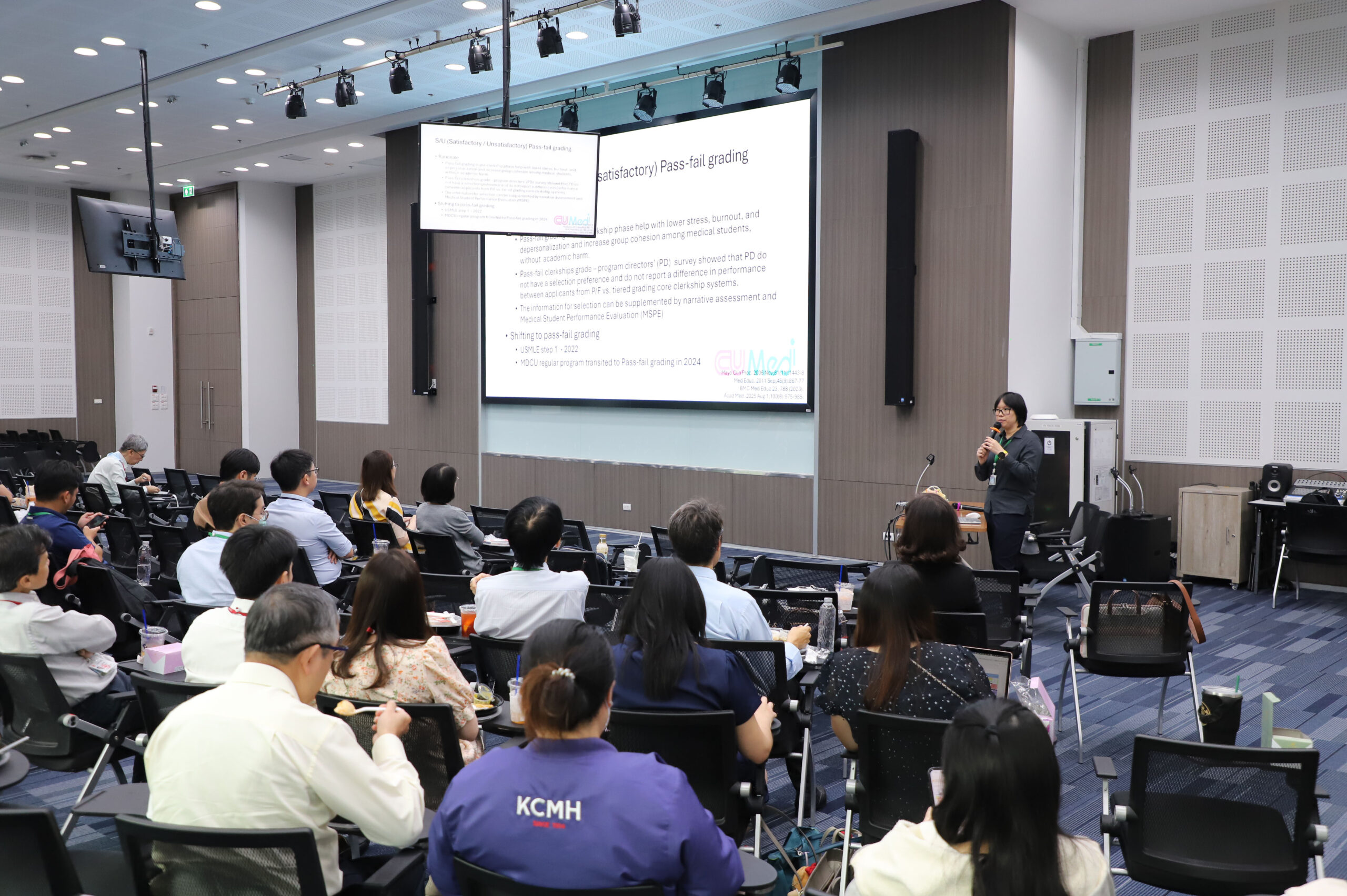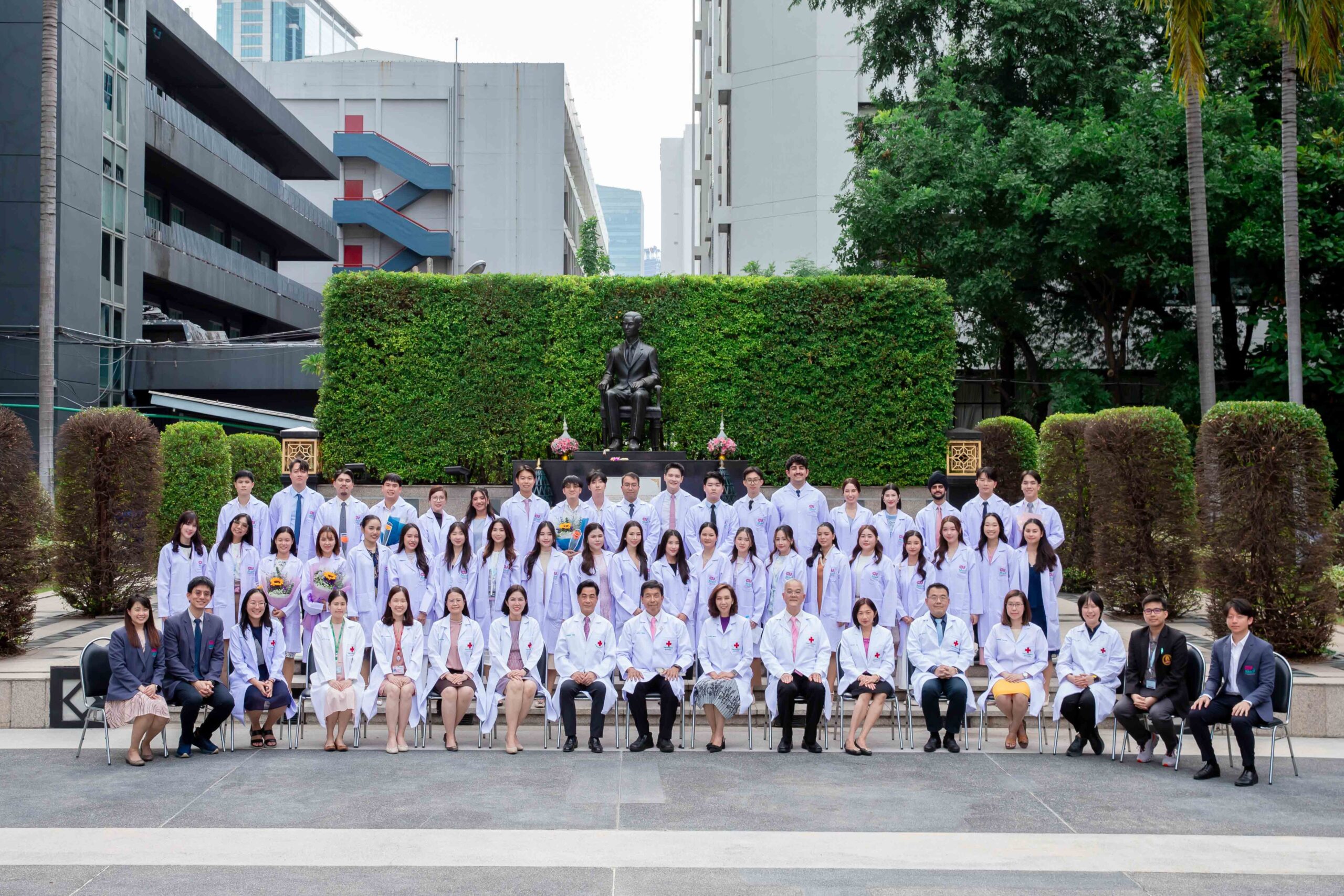The Faculty of Medicine, Chulalongkorn University is now looking for outstanding applicants with the potential to be the best in their field to join the Doctor of Medicine (International Program) (CU-MEDi).
Tentative Application Period for 2022: FEBRUARY 2022
Eligibility:
– A Bachelor’s degree holder
– MCAT score report (no minimum score)* (Taking the MCAT® Exam: https://students-residents.aamc.org/applying-medical-school/taking-mcat-exam/)
– English proficiency test result* 85 on the TOEFL iBT; or an overall band score of 7 on the IELTS Academic (A waiver is granted for those who meet our criteria.)
– More details will be announced later on the website.
* valid for 2 years from the test date to the application deadline
The official announcement of admission 2022 will be announced as soon as possible. Prospective applicants can fill in the form via https://forms.gle/1wgBEz98hNQrmKmn8 to get updated information on the upcoming admission.
For reference, please check the requirements of admission 2021 at https://cu-medi.md.chula.ac.th/admission/#ADMISSTIONREQUIREMENTS
If you have any inquiries, please check https://cu-medi.md.chula.ac.th/faqs/ or contact us via email: cu-medi@chula.md or by phone: +662-256-4454 ext.127, 133, 118 (Mon-Fri, 8:00 a.m. – 5:00 p.m. UTC+7, except public holidays).
Remark: Due to the covid-19 situation, CU-MEDi has considered postponing the application period from October 2021 to February 2022. (Edited on July 22, 2021)



